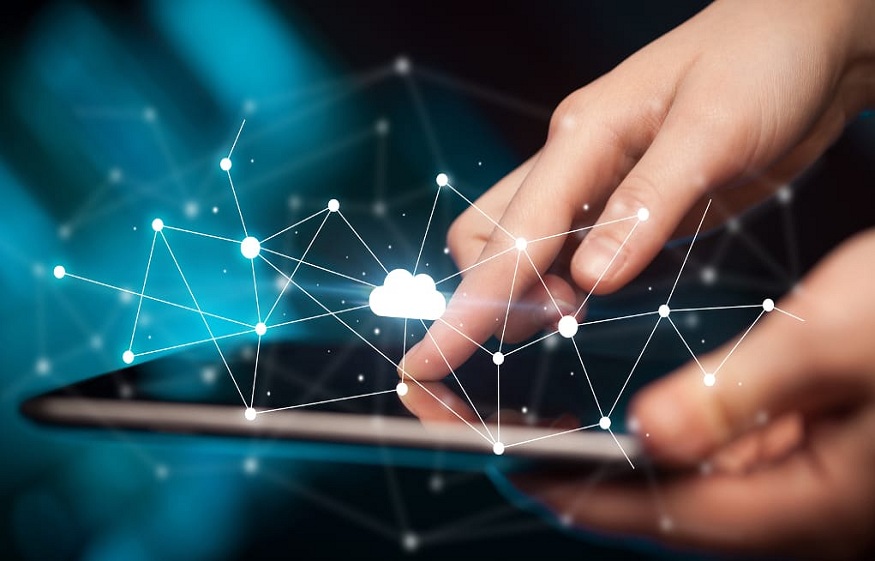There is no doubt the COVID pandemic changed our outlook on a lot of things. Take broadband internet access. Given how much the world relied on the internet during months of lockdowns and stay-at-home orders, there are some who now insist that broadband access is a human right.
Personally, I have trouble going there. If broadband internet access is a human right, what else is? Perhaps YouTube access is a human right. How about Facebook, Twitter, and online streaming platforms? It seems like making broadband access a human right would also have to include all the services one could get with broadband.
People Are Definitely Left Behind
The idea of broadband being a human right stems from the fact that so many people were left behind during the pandemic. That much cannot be denied. There are entire swathes of rural America that do not have access to wired broadband services. According to Houston-based Blazing Hog, rural 4G internet and satellite service are available in most rural areas. But a few are still limited to DSL.
Of course, there are entire third-world countries where internet access is nearly impossible to find. It is available in a few major cities here and there, but you will not find it in rural parts of those countries. And what about those remote parts of South America where small tribes of people are still living like ancient civilizations?
It is unfortunate that so many communities still don’t have access to broadband. But is access a fundamental right? I am not so sure. I guess the big question for me is what constitutes a fundamental right and from where does it come?
Endowed by the Creator
The Declaration of Independence issued by the original thirteen states made it clear that humanity is “endowed by their Creator with certain unalienable rights.” It was understood by our forefathers that the rights in question are given by God rather than government. They included things like “life, liberty, and the pursuit of happiness.”
The thing about inalienable rights given by God is that the government has no authority to strip citizens of those rights. Why? Because God is superior to human government. But if you don’t believe in God or inalienable rights, then all rights you do enjoy come from the government. And if they come from the government, they can be given and taken away with impunity.
If broadband access is a human right, where does it come from? Who is the original author of that right? If internet access is a human right endowed by the Creator, then that’s that. We need to get working on covering the entire Earth with broadband.
On the other hand, if God has not endowed humanity with an unalienable right to broadband access, any such right must come from human beings. And who’s to say that the person who believes in broadband as a human right is correct and everyone who disagrees is incorrect. Do you see the problem here?
Life Is Full of Inequities
One of the reasons we feel bad about people being left behind by a lack of broadband access is our perception of inequity. If everyone doesn’t have equal access to the internet, then life isn’t equal for everyone. But the reality is that life is full of inequities. There is no way around it.
There are no two creatures on Earth that are exactly equal in every way. Therefore, inequities will always exist. For some people, the biggest inequity is lack of access to broadband. But that inequity does not make broadband access a human right.

